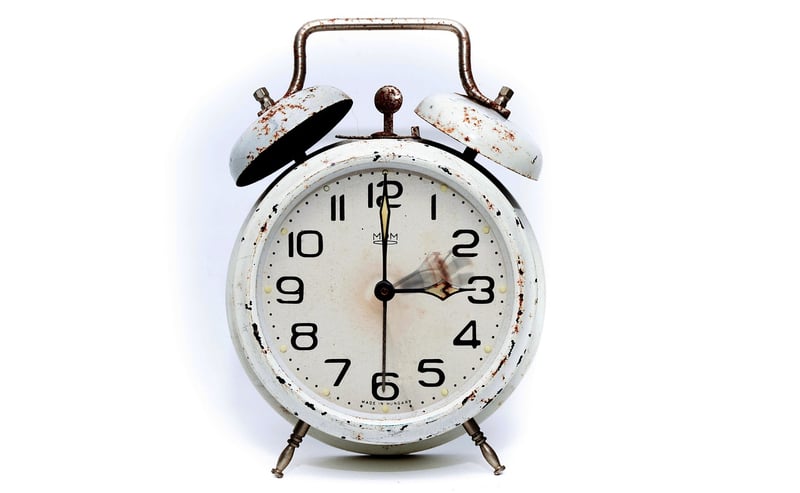Time Travel Ethics
The Ethics of Time Travel

Time travel has been a popular subject in science fiction for decades, captivating the imagination of many. The concept of moving through time, whether to the past or future, raises intriguing questions about morality and ethics. Let's delve into the ethical considerations of time travel.
Paradoxes and Consequences
One of the primary ethical concerns with time travel is the potential for paradoxes. Altering events in the past could have far-reaching consequences in the present and future, creating a chain reaction of changes that may be impossible to predict or control.
Historical Integrity
Another ethical dilemma is the preservation of historical integrity. Interfering with past events could distort our understanding of history and impact the course of human development. Should we observe but not interfere, or is there a moral obligation to correct past wrongs?
Personal Gain vs. Collective Good
Time travel could also raise questions about personal gain versus the collective good. Is it ethical to manipulate time for individual benefit at the expense of others? How do we balance the desire for personal advancement with the well-being of society as a whole?
Responsibility and Accountability
Individuals who possess the ability to travel through time would bear a significant responsibility for their actions. How can we ensure accountability for the repercussions of temporal interventions? What ethical framework should guide time travelers in their decision-making?
Conclusion
The ethical implications of time travel are complex and multifaceted, posing profound questions about our relationship to the past, present, and future. As we contemplate the possibility of traversing time, we must consider not only the technological feasibility but also the ethical considerations that come with such power.
Image by Gerd Altmann from Pixabay
